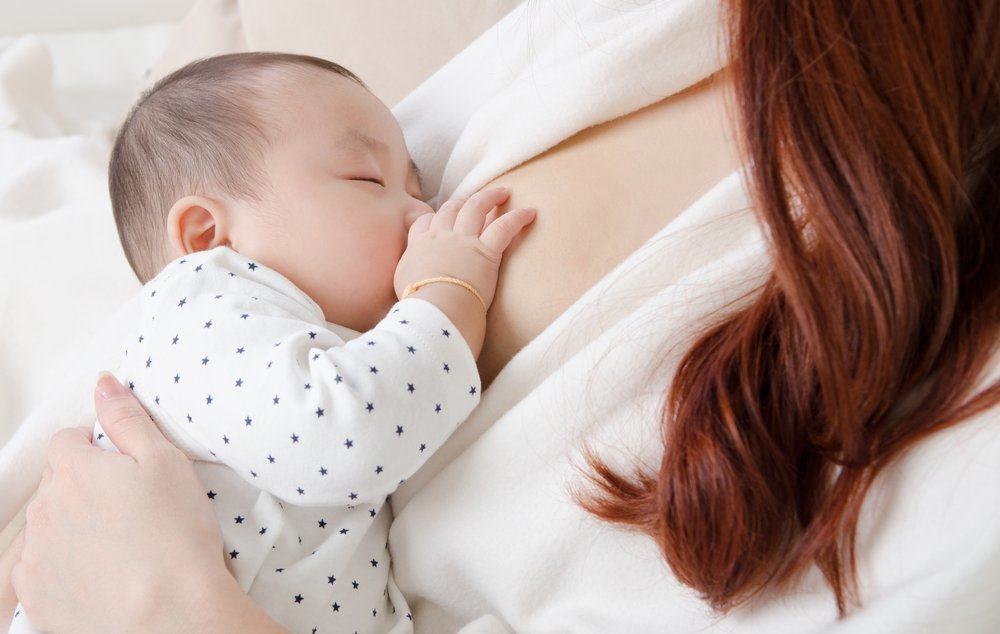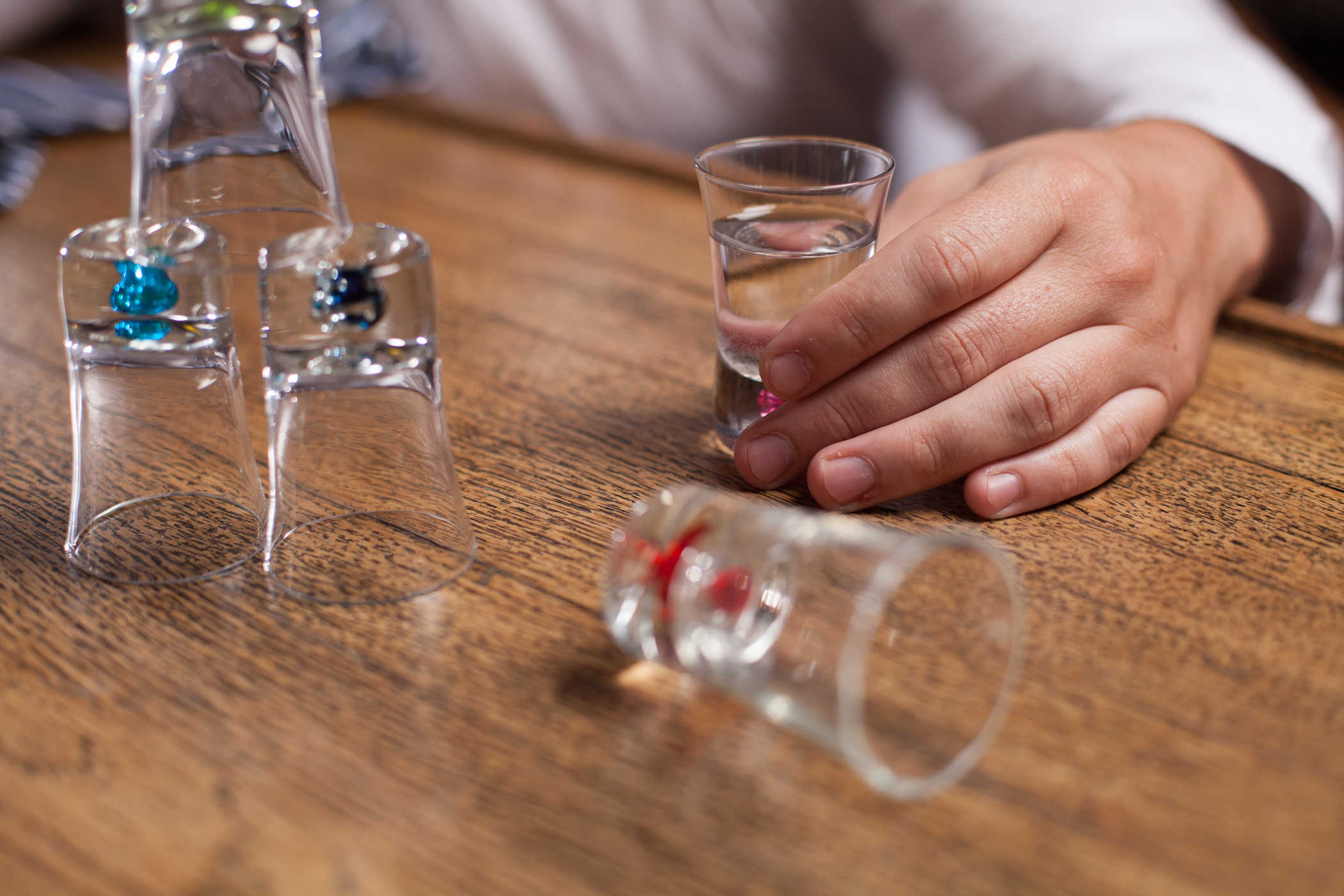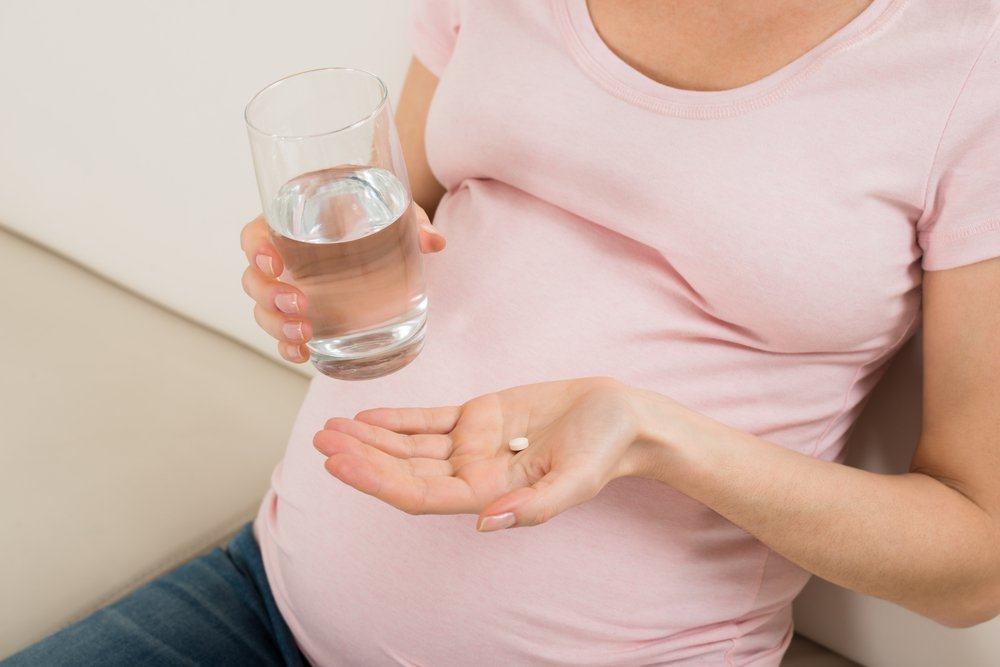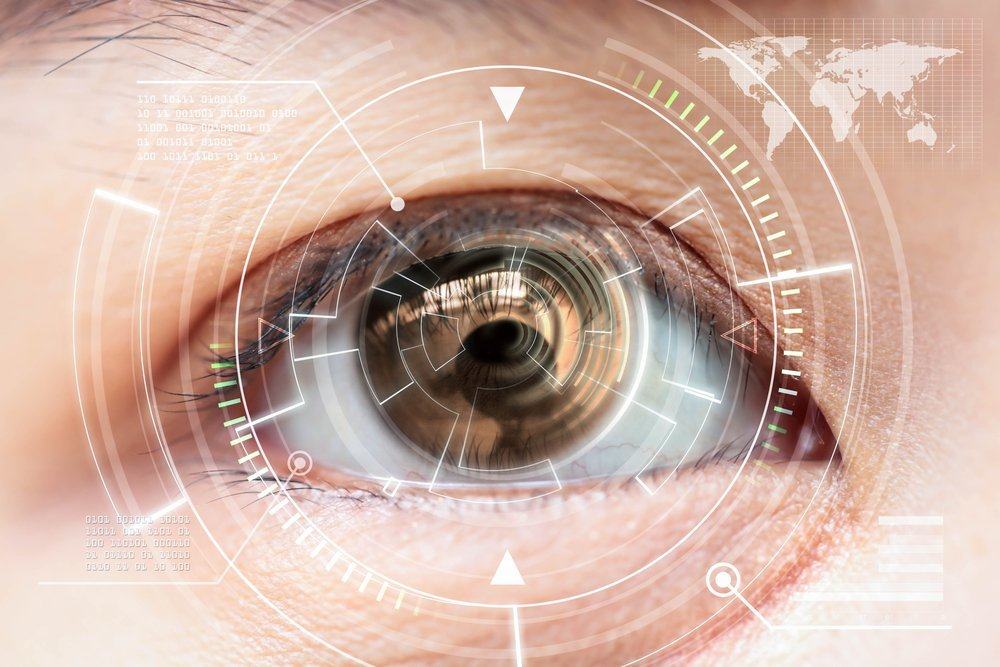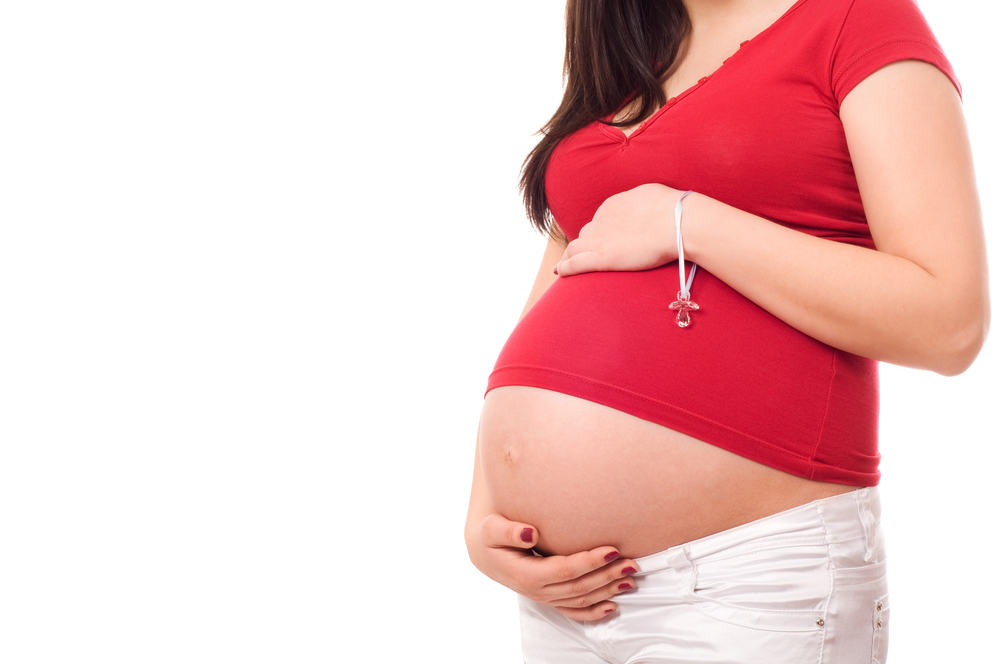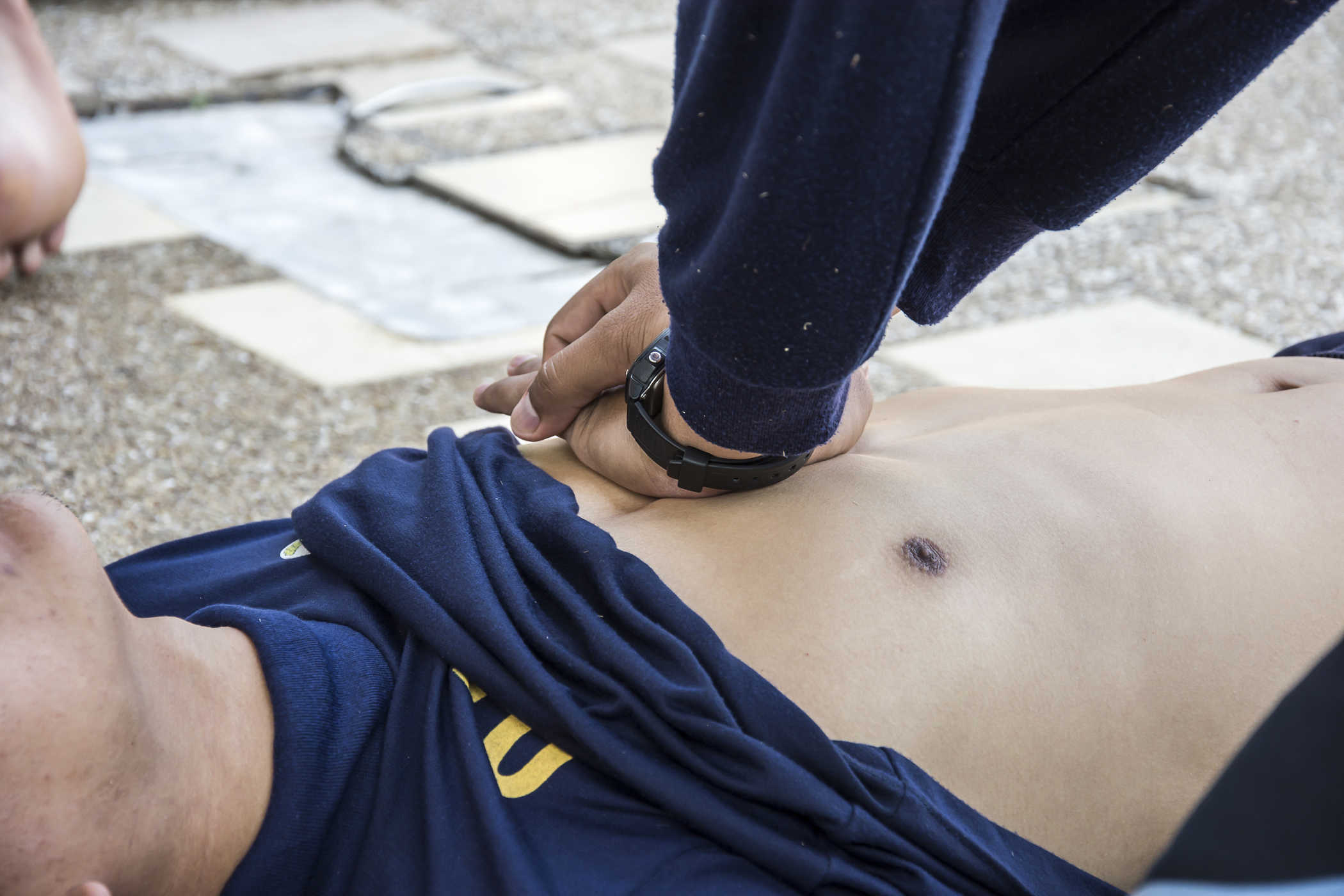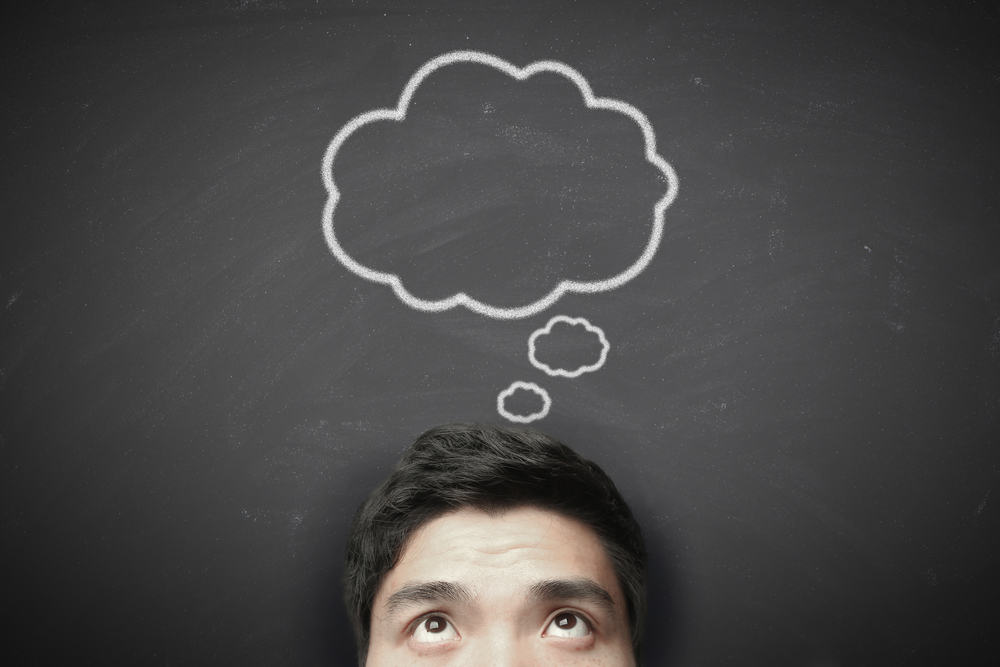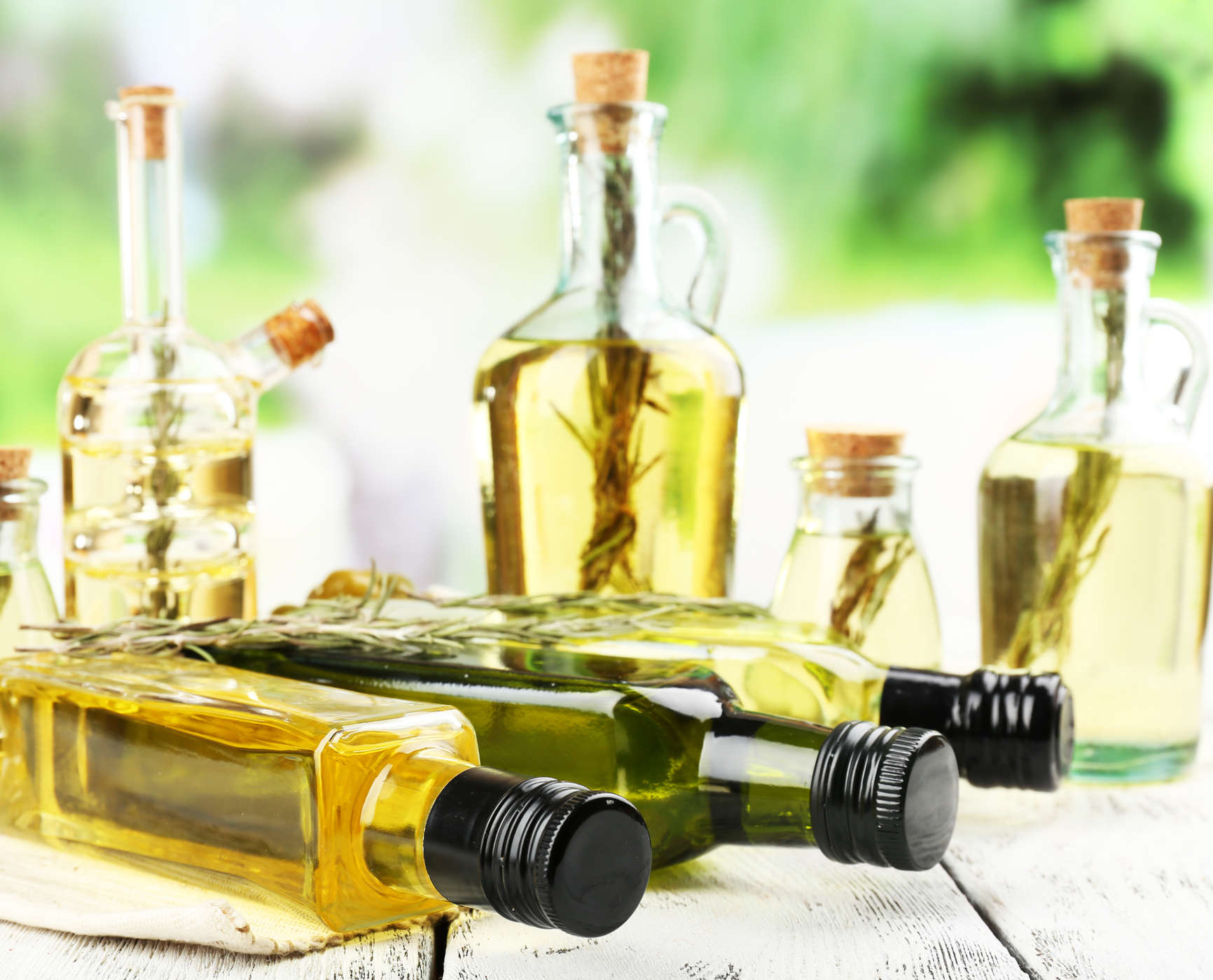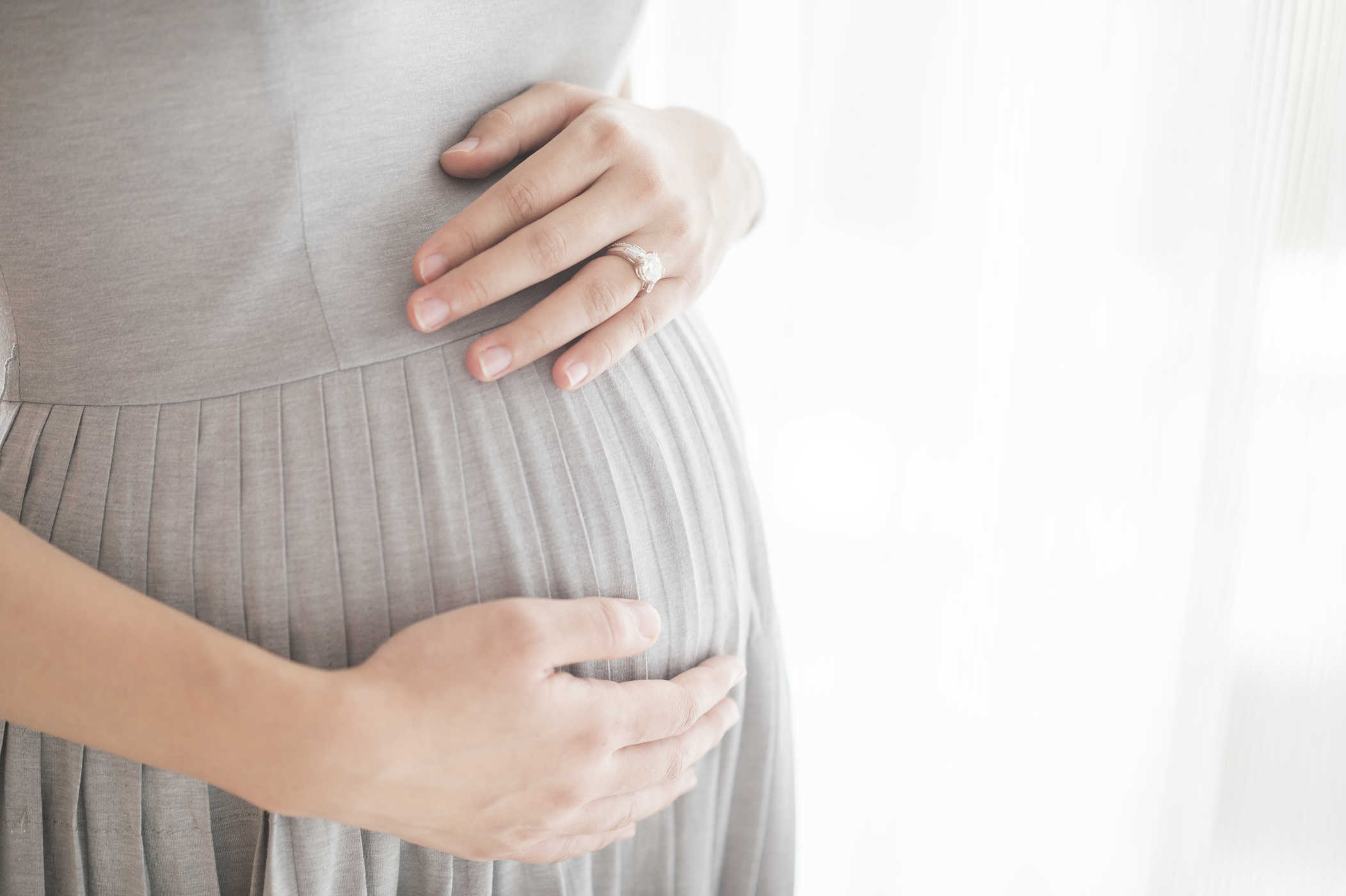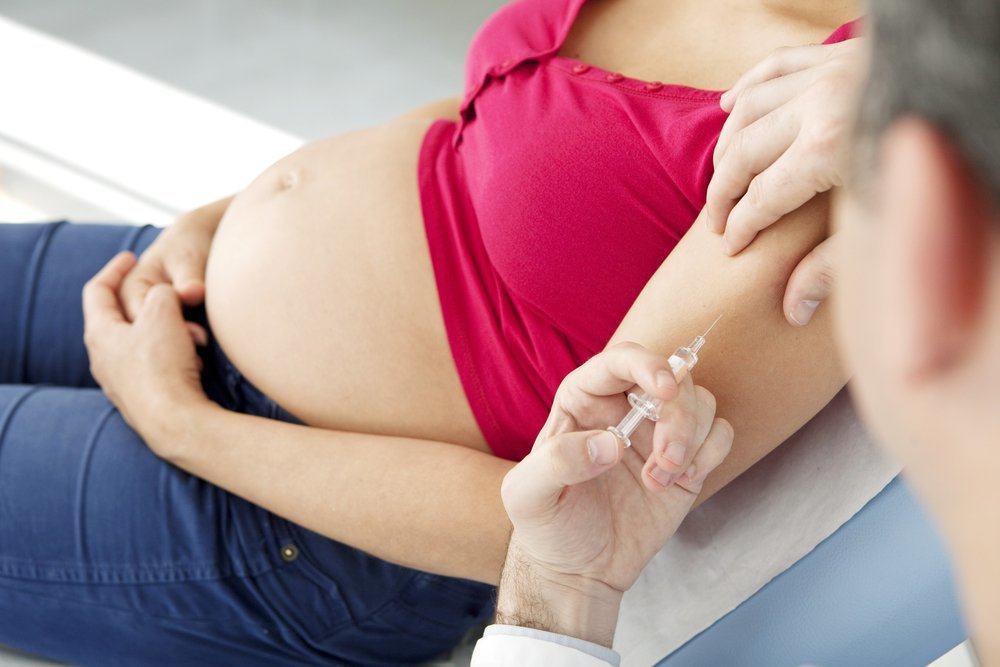Contents:
- Medical Video: Lifting the Cover Off Babies, Nursing & Osteoporosis
- Breastfeeding and its effects on bone health
- Osteoporosis in nursing mothers
- What should nursing mothers do to avoid osteoporosis?
Medical Video: Lifting the Cover Off Babies, Nursing & Osteoporosis
Did you know that breast milk is made from various nutrients in the mother's body? One of the nutrients needed to make breast milk is calcium, where calcium is also needed for maternal bone density. Decreased bone density can cause a mother to develop osteoporosis in her old age. However, is osteoporosis and breastfeeding really related?
Breastfeeding and its effects on bone health
Breastfeeding can affect maternal bone health. A study has shown that nursing mothers can lose bone mass by 3-5%. However, the bone mass of nursing mothers will come back again after the child is weaned or given solid food.
Nursing mothers need higher calcium intake because they need these nutrients to make milk. If the mother's calcium needs cannot be met from food or calcium supplements, the mother's body will take calcium from the mother's bones. This is what causes nursing mothers to lose bone mass. So, the risk of mother getting osteoporosis in the future becomes greater. In addition, the amount of estrogen that decreases while breastfeeding contributes to the deterioration of maternal bone health. You need to know that the hormone estrogen is also useful for protecting bones.
So, so that the mother's body does not take calcium from the bones, breastfeeding women need to have sufficient calcium from the outside (such as from food or calcium supplements). The amount of calcium that mothers need when breastfeeding depends on the amount of milk the mother produces and how long the mother breastfeed the baby.
Osteoporosis in nursing mothers
Osteoporosis is a disease that is usually suffered by older people. People who suffer from osteoporosis have weak and easily broken bones. This can occur because the bone density or mineral decreases. Breastfeeding may be a risk factor for osteoporosis. This happens because breastfeeding can reduce calcium metabolism, so it can directly affect bone metabolism.
A study in the journal Maturitas shows that the length of time for breastfeeding more than one year can make a mother at risk of osteoporosis. However, the research conducted by Okyay and his colleagues in 2013 also stated that high parity (having many children) can have a protective effect against osteoporosis.
Another study conducted by Yonsei University College of Medicine in South Korea also showed that breastfeeding can increase the risk of osteoporosis in menopausal women. The study, published by the journal Osteoporosis International, also states that the risk of osteoporosis is seen in women who breastfeed for 24 months or more.
However, this study also shows that diet (food intake) can help offset this risk. The study involving 1231 menopausal women said that women with low vitamin D levels or who had calcium intake of less than 800 mg per day were at risk of poor bone health.
What should nursing mothers do to avoid osteoporosis?
From the results of these studies it can be concluded that meeting the needs of vitamin D and calcium can reduce the risk of women getting osteoporosis. By fulfilling your calcium and vitamin D needs during breastfeeding, the body will not take calcium contained in bone, so bone density is maintained.
Not only when breastfeeding, fulfilling calcium and vitamin D needs is also needed after you breastfeed to repair your bones. That way, you help yourself avoid the risk of osteoporosis.
READ ALSO:
- 4 Foods that Mothers Need to Avoid
- 7 Tips to Lose Weight When Breastfeeding
- 10 Myths About Breastfeeding: Which Is Right, Which Is a Hoax?

